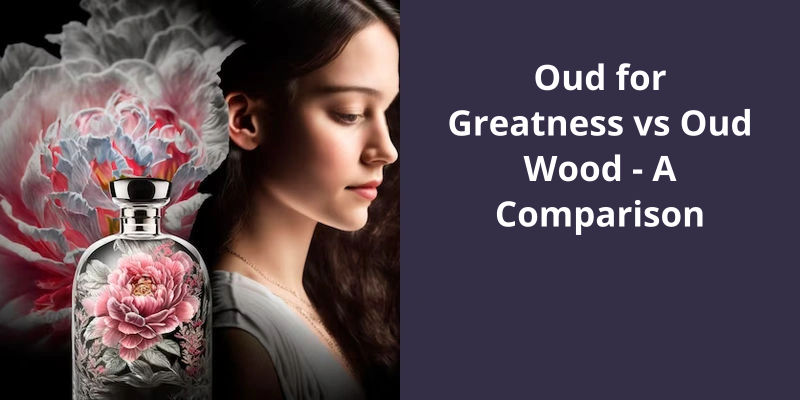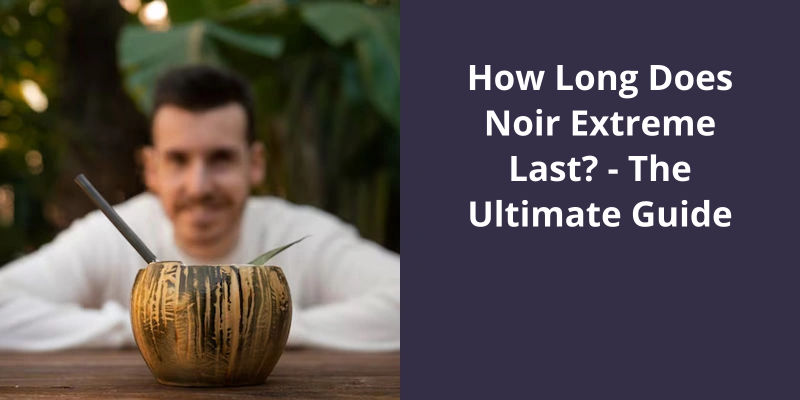Oud for Greatness by Initio Parfums and Oud Wood by Tom Ford are both renowned fragrances, yet distinct in their composition and scent profiles. Oud for Greatness is known for its spicy, smoky, and woody notes, offering a deep, intoxicating aroma with ingredients like lavender, patchouli, and musk. This fragrance is captivating and draws attention readily, offering a longer-lasting experience. On the other hand, Oud Wood by Tom Ford exudes a warm, exotic, and less overwhelming scent due to its combination of rosewood, cardamom, and pepper on top of the oud note. It is sophisticated and subtle, making it suitable for a wider variety of occasions. Except for the dominant note of agarwood, commonly known as oud, they differ in other main notes contributing to the varied perfume enthusiasts’ preference. Therefore, the choice between these two will depend on individual preferences.

What Is the Difference Between Wood and Oud?
The scent of wood is an essential component of many perfumes and colognes. It’s a popular fragrance note that comes in many varieties, such as cedarwood, sandwood, and patchouli. These woods are valued for their natural and earthy qualities, which add depth and richness to fragrances. However, there’s one wood that stands out above the others in the fragrance world: a wood called Oud.
Unlike most wood notes, Oud provides a pleasant sweet scent that’s reminiscent of the aroma produced by a burning campfire. Furthermore, Oud is often featured in a synthetic version because it’s so costly to harvest the natural form.
Indeed, the scarcity of Oud wood makes it one of the most expensive ingredients in perfumery. In fact, it’s so pricey that most perfumers and fragrance houses supply Oud in synthetic form. Despite this, the appeal of Oud is so high that it remains a popular ingredient in many high-end fragrances and skincare items.
The Process of Harvesting and Producing Natural Oud Oil
- Growing agarwood trees in suitable climate and soil conditions.
- Inoculating trees with fungi that produce agarwood.
- Waiting for several years as the tree produces the resinous material.
- Harvesting agarwood by cutting the tree or removing the infected parts.
- Extracting oud oil from the resinous material through distillation or other methods.
- Filtering and refining the oud oil to produce a high-quality product.
- Packaging and distributing the oud oil for use in perfume, incense, and other products.
Now that we’ve established the basics of oud and it’s origin, it’s important to understand the difference between oud and oudh. While the two terms are often used interchangeably, there are subtle differences between the two that can have a big impact on the quality of fragrance produced.
What Is the Difference Between Oud and Oudh?
Oudh has a distinctive, woody aroma that’s often described as earthy, deep, and complex. It’s a scent that’s commonly used in traditional Middle Eastern perfumes, where it’s cherished for it’s luxurious and exotic qualities. Oudh has a long history of use in the region, and has been used for centuries to create perfumes and other fragrances that are highly sought after.
While oud and oudh are often used interchangeably, there are some differences in the way the terms are used. Oud can refer to the wood itself, as well as to the oil extracted from it. Oudh, on the other hand, refers specifically to the oil, and is used to denote a higher quality or more refined version of the scent.
One of the reasons for the high cost of oud is the fact that the agar tree from which it’s derived is relatively rare, and can only be found in certain parts of the world. In addition, the process of extracting the oil is complex and time-consuming, requiring a great deal of skill and knowledge. As a result, oud is often seen as a luxury item that’s reserved for the most discerning and well-heeled consumers.
Despite it’s high cost, oud has become increasingly popular in recent years, with many Western perfume makers and retailers embracing the fragrance.
Conclusion
In conclusion, the debate between oud for greatness and oud wood has been ongoing for years, and it’s unlikely to end anytime soon. Ultimately, the choice between the two depends on personal preference and the desired effect the fragrance is meant to achieve. Regardless of which option is chosen, it’s undeniable that these fragrances evoke a sense of luxury and sophistication, making them a must-have for anyone looking to make a statement with their scent.





